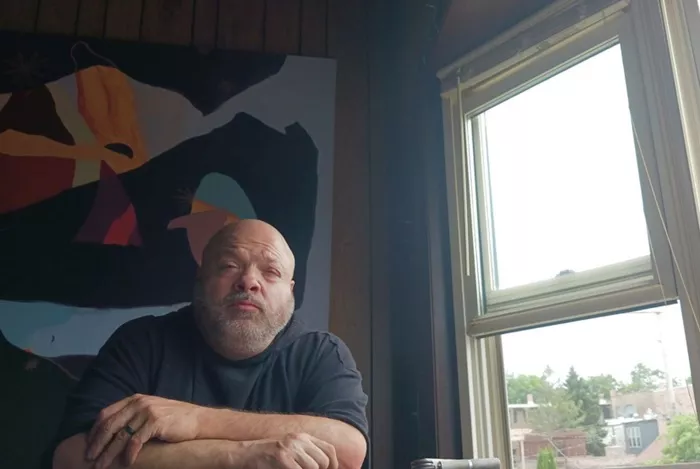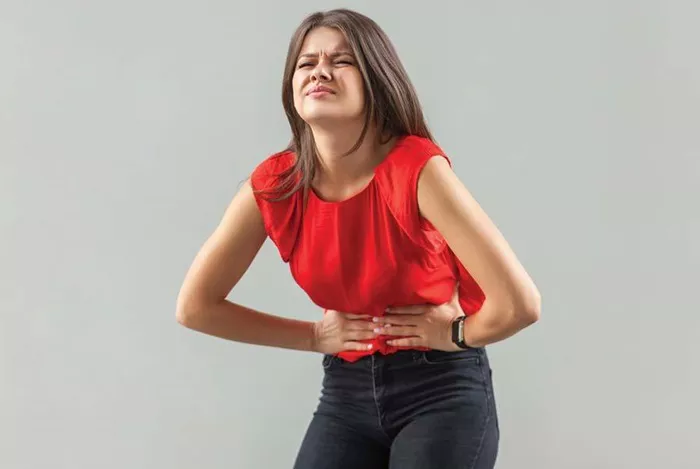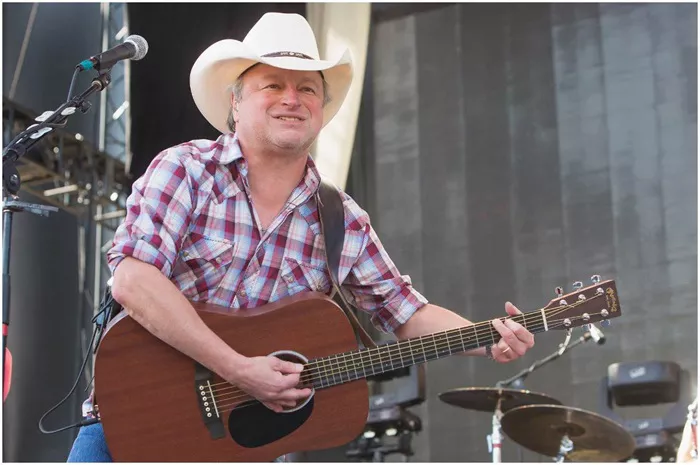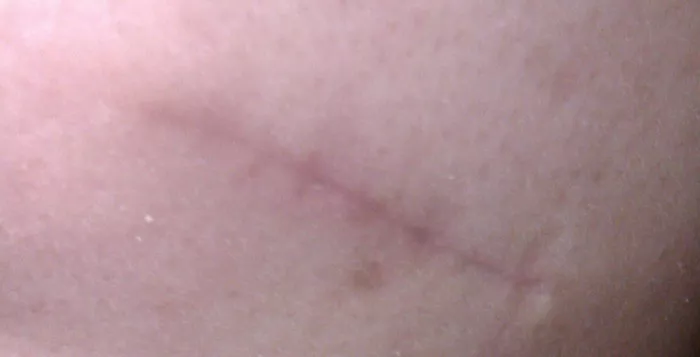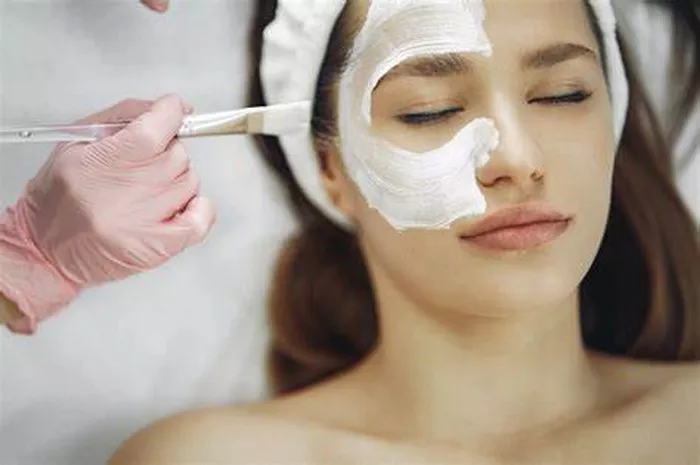Chicago native Jeffrey Odwazny has battled an addiction to ultraprocessed food since childhood. “I was driven to eat and eat… what really got me were the candies, the cakes, the pies, the ice cream,” said Odwazny, 54. His intense cravings led him to hide food and even steal it, a behavior seen in 12% of the nearly 73 million children and adolescents in the U.S. who suffer from food addiction.
Research by Ashley Gearhardt, a psychology professor at the University of Michigan, shows that 14% of adults are also clinically addicted to food, predominantly ultraprocessed foods rich in sugar, salt, fat, and additives. Comparatively, 10.5% of Americans aged 12 or older were diagnosed with alcohol use disorder in 2022.
Gearhardt notes that children, especially those from low-income families, often consume more ultraprocessed foods than fruits or vegetables. These foods can hijack the brain’s reward circuitry, making healthier options less appealing and fostering addiction. Despite the research, the Institute of Food Technologists and the International Food and Beverage Alliance argue that there is no scientific consensus on food addiction.
Odwazny’s addiction was exacerbated by childhood trauma and family dynamics that revolved around food. His parents initially found his overeating amusing but later took measures to restrict his access to food, leading to feelings of shame. As an adult, his addiction persisted, culminating in severe health issues and repeated hospitalizations.
Ultraprocessed foods are engineered to maximize dopamine release, making them highly addictive. They often lack essential nutrients, contributing to malnutrition despite high caloric intake. Experts like Alexandra DiFeliceantonio of Virginia Tech explain that these foods bypass normal digestive processes, leading to rapid and intense brain rewards.
Overcoming food addiction is challenging. Odwazny underwent two unsuccessful bariatric surgeries before finding a treatment program that addressed both binge-eating disorder and food addiction. The support and understanding from this program, combined with his wife Kimmy’s partnership, have been pivotal in his recovery.
Now in recovery, Odwazny is studying to become a certified alcohol and drug counselor. Reflecting on his journey, he expressed gratitude for his wife and his newfound freedom from addiction, stating, “Today I’m free.”
[inline_related_posts title=”You Might Be Interested In” title_align=”left” style=”list” number=”6″ align=”none” ids=”10473,10469,10466″ by=”categories” orderby=”rand” order=”DESC” hide_thumb=”no” thumb_right=”no” views=”no” date=”yes” grid_columns=”2″ post_type=”” tax=””]

